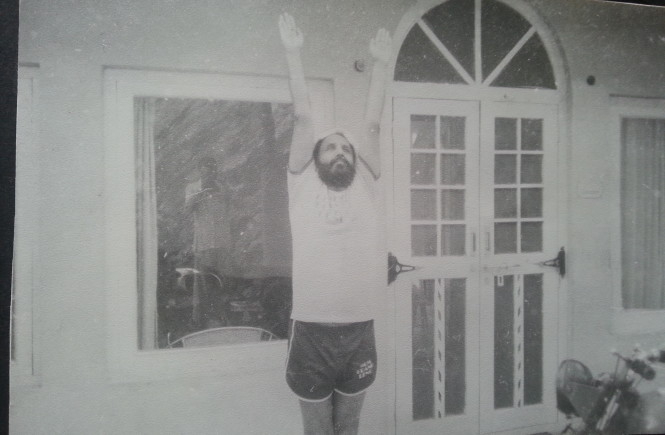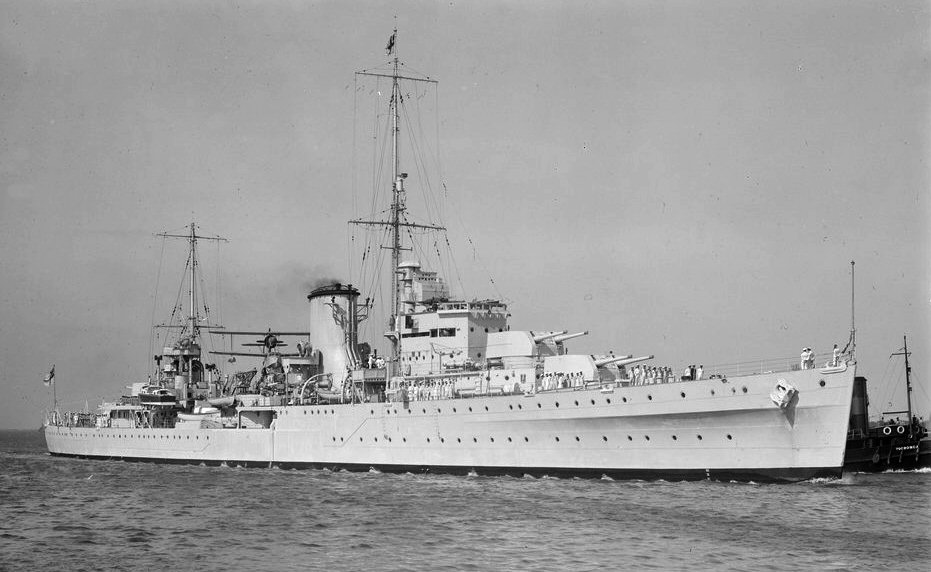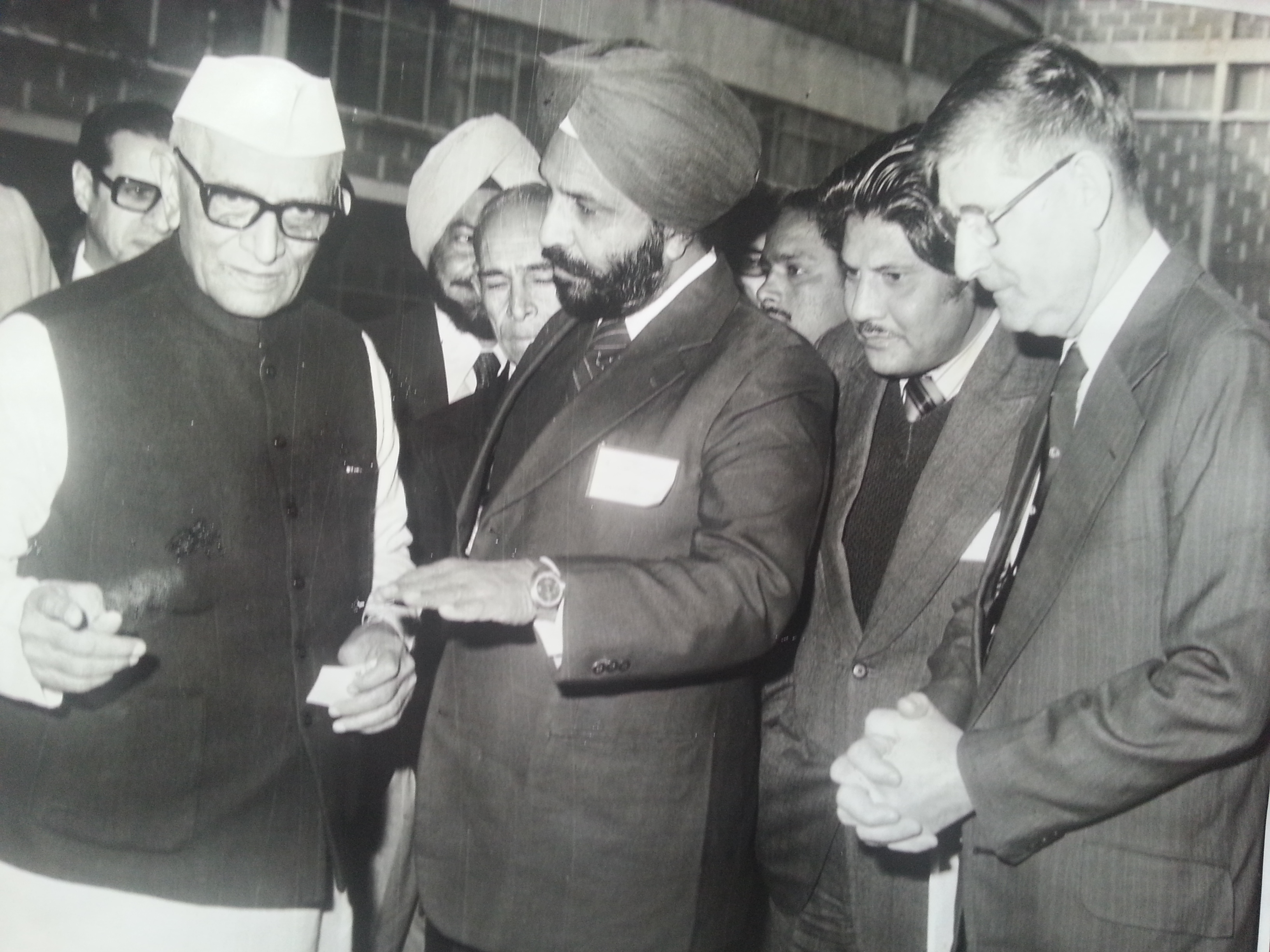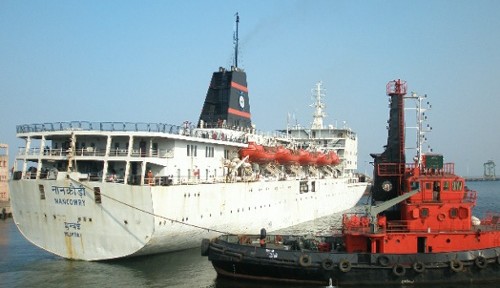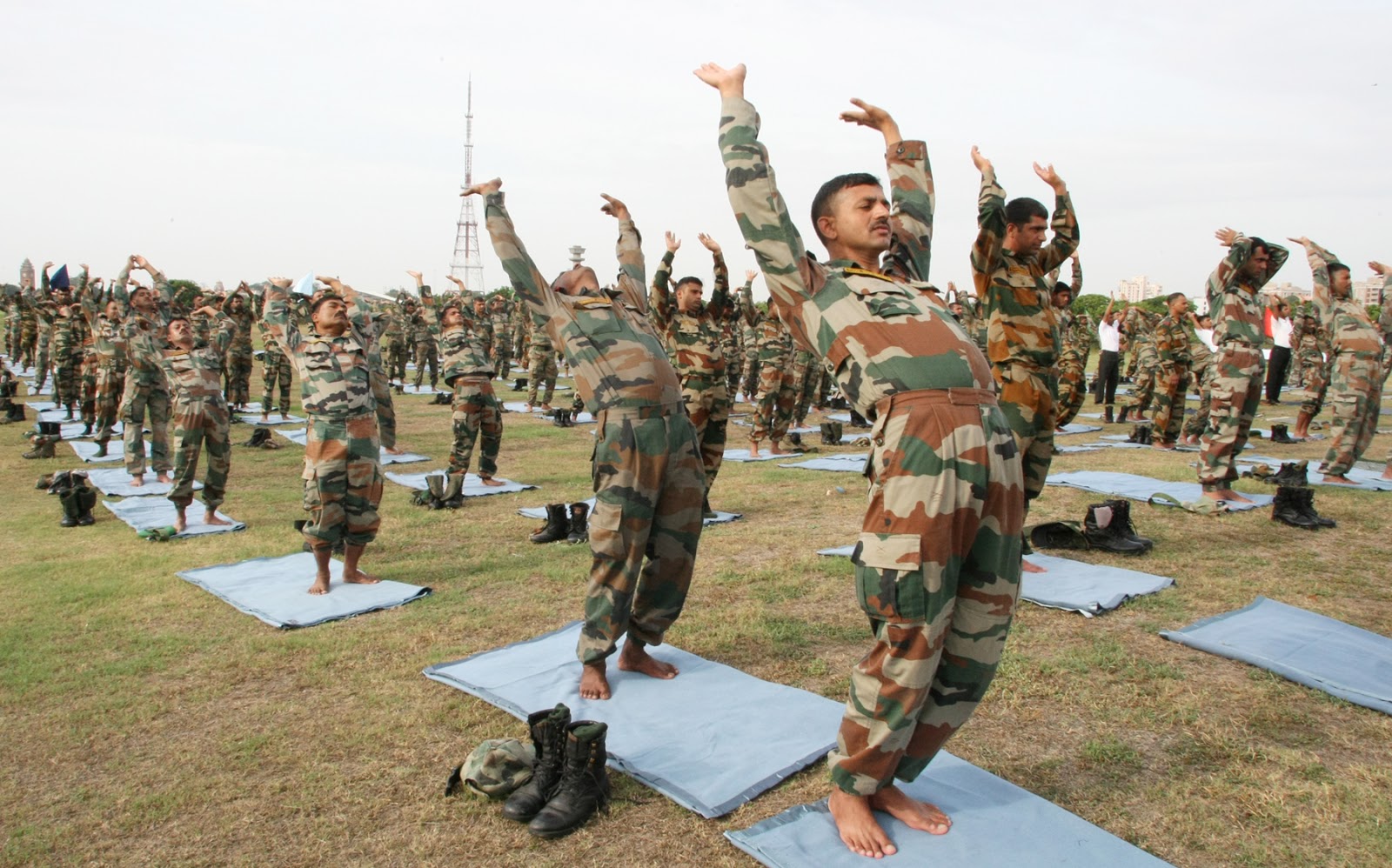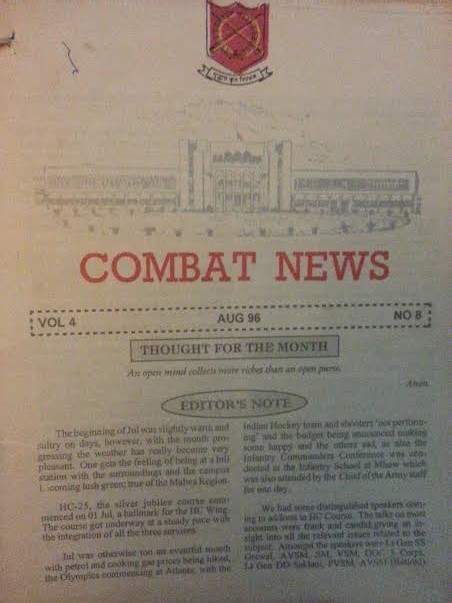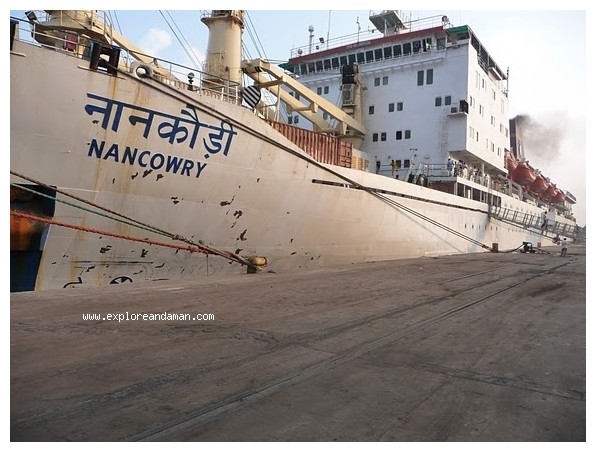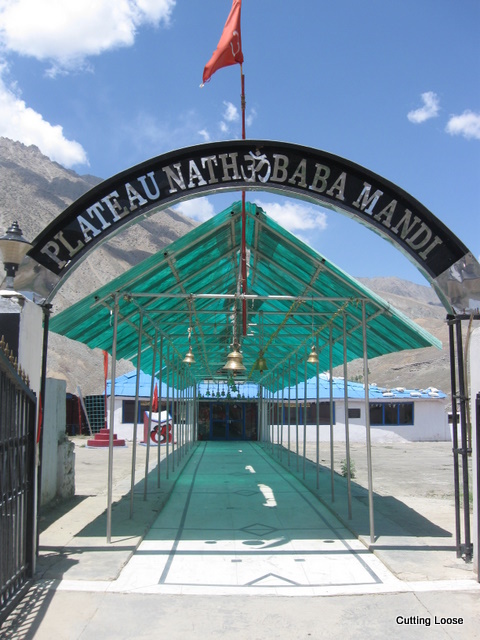No, this article is not about the 1970s British sitcom by the same name. Nowadays, in Mumbai, for example, it is common to see a man sharing a house with two single women (all students or all in their early careers); the women preferring the man’s presence for safety and security. However, in the 70s sitcom, starring Richard O’Sullivan, Paula Wilcox and Sally Thomsett, it was considered a very daring idea.
This article is about the fantasy that the wives in the armed forces have about having their husbands home and what actually happens when this dream is realised.
If you read my piece titled ‘Selfing’ – An ‘Evolutionary’ Way For Navy Wives? , you would have known (if you ain’t from the Navy, that is; else, you would have known without any articles reminding you) that any further neglect of wives by their husbands would eventually force the wives into doing everything by themselves. The husbands are so busy sailing and doing (or not doing) a motley of things on the ships and in the offices that the wives are virtually on their own.
From the comments on that post by my friends I could make out that the situation is no different in the other two armed forces. The percentage of husband’s contribution in the running of the households in the armed forces is what was believed to have been discovered by Aryabhata in the fifth century AD: Zero.
The armed forces personnel’s wives are, therefore, always day-dreaming that a day would come when their husbands would retire (like I did six years ago) and be a man about the house, helping her tackle a number of things that she had hitherto been tackling all by herself.
And, God, satisfied with her relentless prayers, gives her her heart’s desire. He is retired from the Navy and at home, finally.
As she walks by his side, tugging at his shirt-sleeve, and happily tripping over his feet, she wants the whole world to take notice of the fact that finally her husband is all hers and not married anymore to her sauten (a Hindi word that translates into co-wife or the other wife): the Navy.
The entire evening and the night is spent in wistfulness. Late in the night, she, as she revels in his presence in the bed next to her, is filled with those what-if feelings. “What if”, she thinks, “The Navy guys could finish their day’s work at some earthly hours and then I could’ve had more of him”. It starts a chain of thoughts, “What if the Navy would retire its officers early so that they could be of some use to their wives and children?” And so on.
The next morning she is already in the kitchen when he saunters along. “You should have stayed in bed”, she tells him, “I would bring tea for you in the bed”. He ignores it by saying, “No, no, no and no. I don’t want to do that now that I have retired. I want to help, something that I missed doing with all the work the Navy gave me…….ah, what do I see here? A leaking tap.”
She: “You don’t have to worry about that, darling. During the forenoon, the plumber will be coming to set it right”.
He: “Plumber? Plumber? When I, your husband, am around? No, no, no and no (looks like he loves this expression that has been borrowed from his Fleet Commander when he used to suggest he could go on leave). For what do you think I bought that complete plumber’s kit including wrenches of all sizes during my foreign cruise? I shall have this leak behind us within no time.”

She has that look of foreboding on her face, but he, with the sweep of his hand, reassures her: “Darling, do you know anything about NBCD and DC? No, you don’t? Well, NBCD is Nuclear, Biological, Chemical, Defence and DC is Damage Control. We have exercised these on the ships any number of times. A leaking faucet is nothing. Just watch me for a minute and you would know that a Navy man is a plumber, electrician, carpenter, painter, odd-job-man, all rolled into one.
She watches him as he fiddles with the wrench and soon there is water everywhere. To end a long story short, she has to make an emergency call to the Society office to stop all water to the building and send the plumber immediately to arrest leak from a badly broken pipe.

She feels thankful that there was nothing wrong with the cooking gas stove, lest he should have offered to help there too. It could have been serious.
It takes her hours to clear up the mess, what with his helping suggestions on how to clean up. By this time, the jhaadu-bota (broom and mop) bai (maidservant) comes along and the retired husband’s helpful suggestions are now directed at her, through the wife, “You know, darling, during the annual inspection of ships, it was the favourite of the Fleet Commander to lift up the carpets and find dust underneath. I lifted up our drawing-room carpet and found tons of dust under that. I am sure the bai is doing a magnificent job but, I think, I should tell her where all the dust normally settles….”
He has endless suggestions for the cooking maid too, “From very young age in the Navy, ever since I was an AOOD (Assistant Officer of the Day), I have been tasting food in the sailors galleys so that they would get wholesome, well cooked, delicious food. We are experts in this area too. Abhi dekho amma, tum ne kya kiya? Tumane gas on karke pan chadha diya par tumahaare baaki samaan ready nahin. Gas waste jaa raha hai. Ise pehle band karo…..(Now look here, amma, what you did? You turned on the gas and put on a pan but the rest of your stuff is not ready. Gas is being wasted. First turn it off…”
And to the jhaadu-bota bai, “Dusting ghar ke liye bahut zaroori cheez hai. Hamaare ship mein to jo achha dusting karta tha, hum use inaam dete the….dekho wahan chhoot gaya….arre pehle sookhe kapade se aur phir geele kapade se karo na….aur brass shells ko daily brasso karo (Dusting is very essential for the house. On my ship the one who used to do dusting well, I used to give him an award….see, you left some dust there….you should first try a dry mop and then a wet one…. and brass shells need to be shined with brasso everyday)”

And in the children’s room, “What do we have here? Watching Television? During our days (another favourite expression of the Fleet Commander), television was allowed only for half an hour each day…..in fact, if I recall correctly, we didn’t have television at all….So what? Napoleon didn’t have television, Nelson didn’t have, Kanhoji Angre didn’t have, Kunjali Marakkar never heard of it….and they still became great…”
And during all this, she goes about doing her work like any other day….not really like any other day since she couldn’t play the music of her choice because he listened to his songs. As it is those stupid Hemant Kumar songs don’t make any sense to her; but, he insisted on playing them over and over again and as loud as they could get. And she decided that if he were to play zindagi kitani khoobsurat hai (How beautiful life is), one more time, she would tell him!
All the helping that he has done the whole day, assisted by the beer in the afternoon and his favourite Navy rum in the night, whilst listening to those idiotic songs, makes him tired and he goes to sleep early with the resolve that next day he’d sort out more things in and around the house.
Late in the night, as she lies awake in her side of the bed, she whispers to God, “God, I had a good thing going for me all this while and I didn’t know about it. Now, do me a favour: Find him a job….. urgently, PLEASE.”
























